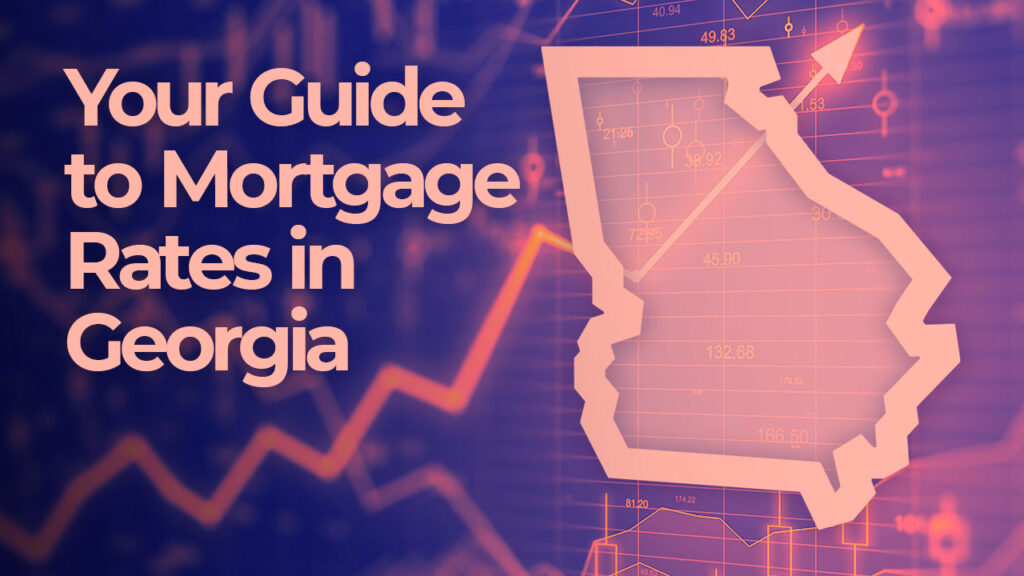Introduction
Facing difficulty repaying your small loan can be stressful, but understanding your options is crucial. This guide explores the potential consequences of loan default and offers strategies for managing your debt effectively.
What is Loan Default?
Loan default occurs when you fail to make your scheduled payments according to your loan agreement. This triggers a series of actions by the lender.
Negative Impact on Credit Score
Defaulting on a loan severely damages your credit score, making it harder to borrow money in the future, even for essential needs like a mortgage or car loan. 
Late Payment Fees
Consistent late payments result in accumulating late fees, significantly increasing your total debt. These fees can quickly spiral out of control.
Debt Collection Agencies
If you consistently miss payments, your lender may sell your debt to a collections agency. These agencies employ aggressive tactics to recover the money owed. Learn more about debt collection practices.
Legal Action
In some cases, lenders may take legal action to recover the debt, potentially resulting in wage garnishment or a lawsuit. Understanding your legal rights is vital.
Account Closure
Your loan account will likely be closed, preventing further access to credit from that lender.
Difficulty Obtaining Future Loans
A damaged credit score makes it challenging to secure future loans, even small ones. Lenders perceive you as a higher risk.
Impact on Financial Stability
Defaulting on a loan can have long-term consequences for your financial stability, hindering your ability to achieve your financial goals.
Communication with Lender
Open communication with your lender is key. Explain your situation and explore options like repayment plans or extensions. Negotiating with your lender can often prevent serious repercussions.
Debt Management Strategies
Consider debt management strategies such as debt consolidation or a debt management plan to simplify repayment and reduce overall interest costs. 
Seeking Financial Counseling
Financial counselors provide guidance and support to help you manage your debt effectively. Find a reputable financial counselor near you.
Budgeting and Financial Planning
Creating a realistic budget and developing a sound financial plan are crucial for avoiding future debt problems. 
Exploring Government Assistance Programs
Depending on your circumstances, you may qualify for government assistance programs designed to help individuals manage their debt. Check eligibility for government assistance programs.
Understanding Your Loan Agreement
Thoroughly review your loan agreement to understand your rights and responsibilities. Knowing the terms is crucial for proactive debt management.
The Importance of Proactive Debt Management
Addressing debt issues promptly is crucial. Early intervention often yields better outcomes.
Conclusion
While defaulting on a small loan has serious consequences, proactive steps can mitigate the damage. Open communication, responsible debt management, and seeking professional guidance can significantly improve your situation.
Frequently Asked Questions
What happens if I can’t repay my loan? Your lender may charge late fees, report your default to credit bureaus, and potentially pursue legal action.
Can I negotiate with my lender? Yes, it’s always worth contacting your lender to discuss your situation and explore options like payment plans or extensions.
Will defaulting affect my ability to get a mortgage? Yes, a default significantly impacts your credit score, making it harder to qualify for a mortgage or other loans in the future.
What is debt consolidation? Debt consolidation involves combining multiple debts into a single loan, often with a lower interest rate, simplifying repayment.
Where can I find free financial counseling? Many non-profit organizations offer free or low-cost financial counseling services. Find resources for financial help online.


